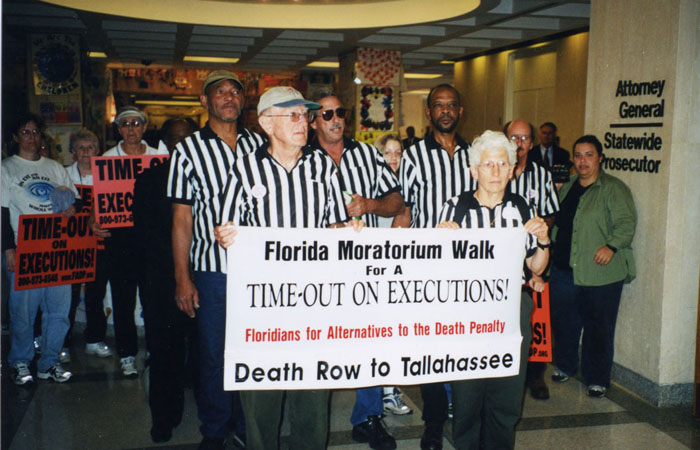The Capital Defender Office (1995-2008) (CDO) was established as part of New York States 1995 death penalty legislation which took effect on September 1, 1995. Under the new law, the State expanded the crime of first degree murder and introduced two new penalties, death and life in prison without possibility of parole, for those convicted. Working from offices in Albany, New York City, and Rochester, the CDO sought to ensure that defendants being tried by the State, who could not afford representation, receive skilled counsel in capital cases. The CDO closed its Rochester office in 2005, and, as no state death penalty cases remain, the Albany and New York City offices in 2008. This collection consists of news clips (filed by subject), subject files, bound records of appeal in the cases of the People v. Cahill, Harris, LaValle, Mateo, McCoy, and Taylor, notebooks with appellate briefs, New York county court papers arranged by county, government studies, reports and debates on capital punishment, annual reports, and a small number of VHS tapes recording court proceedings. There are defendant case files, some with correspondence, court papers, and news clips and others with just news clips.
